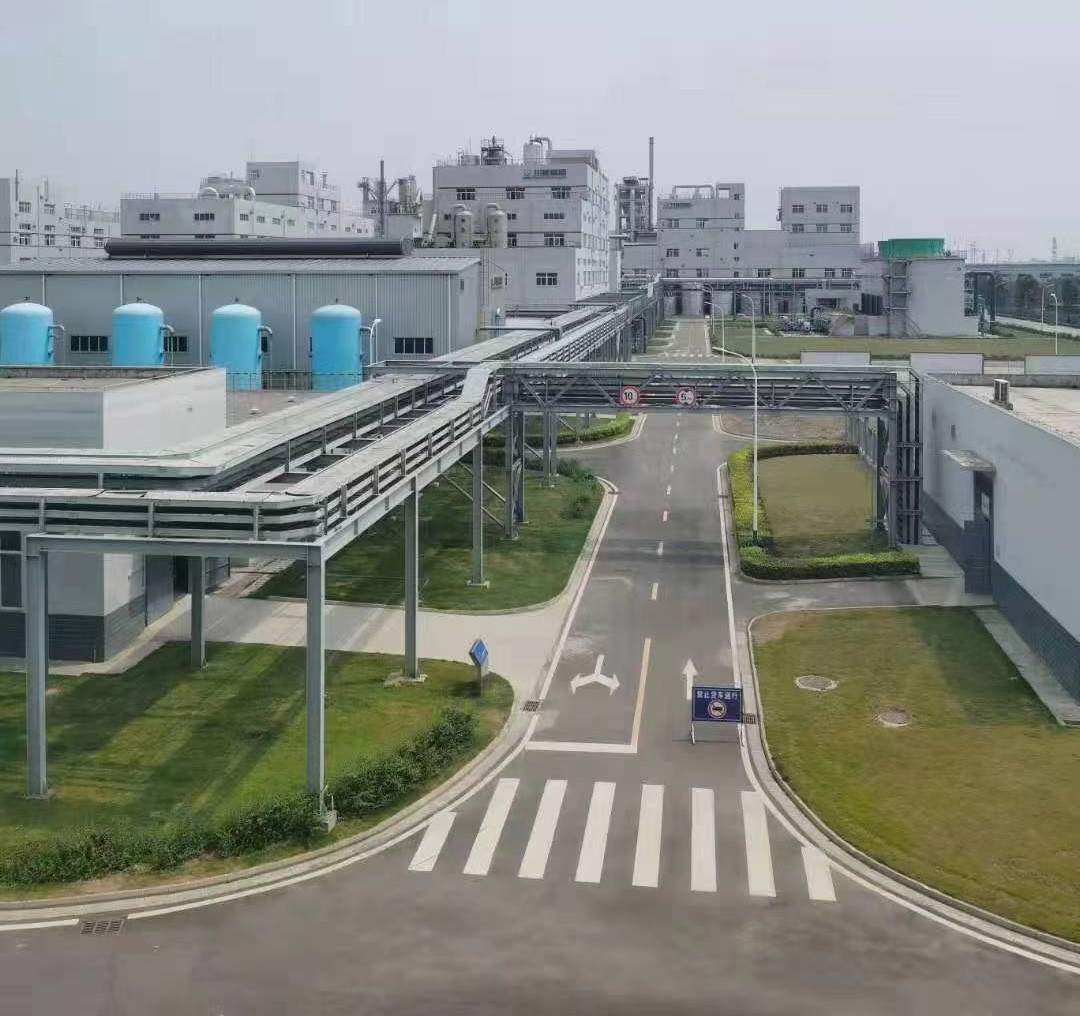New Variable in Nickel Sulfate Regeneration: Interpretation and Market Forecast of the New Policy on Black Powder Import
Jul,27,25
New Variable in Nickel Sulfate Regeneration: Interpretation and Market Forecast of the New Policy on Black Powder Import
1、 Interpretation of the New Policies for Import and Export of Black Powder
On June 10th, the Announcement on Regulating the Import Management of Recycled Black Powder Raw Materials and Recycled Steel Raw Materials for Lithium ion Batteries was issued, which will be implemented from August 1st, 2025. The regenerated black powder raw materials for lithium batteries that meet the import and export requirements in the announcement are no longer classified as solid waste and can be freely imported. The regenerated black powder raw materials cannot be mixed with other types of regenerated raw materials. Different types of regenerated raw materials are not allowed to be declared under the same customs declaration form during customs clearance. The import and export standards for black powder of this battery are consistent with the "Recycled Black Powder for Lithium ion Batteries" (GB/T 45203-2024) released on December 31, 2024 and implemented on July 1, 2025, which includes black powder for ternary batteries and black powder for ternary electrode sheets.
It should be noted that the import standards specifically require the water-soluble fluorine content index, among which the ternary black powder content must be ≤ 0.4%. The main source of fluoride ions is the solute lithium hexafluorophosphate in lithium battery electrolytes, which can easily corrode production equipment, affect salt extraction yield, and cause serious environmental pollution. Previously, the development of wet process technology for treating fluorine-containing wastewater and waste gas overseas has been slow. This time, the fluorine-containing standard requires relatively high levels of battery black powder, and some overseas processed black powder may be difficult to meet import and export standards.
2、 Market situation of overseas ternary black powder
According to CHINA LITHIUM PRODUCTS TECHNOLOGY CO LTD(CLPC)'s previous analysis, after the official opening of black powder imports, it is expected that the United States, Southeast Asia, and Japan and South Korea will become the main sources of ternary black powder imports, while the European Union still prohibits the export of lithium battery black powder and waste batteries to China (non OECD countries) due to the revised qualitative list of lithium batteries and waste in 24 years. From the table below, it can be seen that the pricing system for ternary black powder in the United States, Southeast Asia, and Japan and South Korea is relatively mature, and their price coefficients will refer to overseas nickel and cobalt metal prices. Some companies will also refer to domestic website platforms for pricing lithium carbonate.
3、 The impact of the new policy on China's nickel sulfate market
At present, the power battery recycling market in China is in a state of overall overcapacity of recycling enterprises, but limited supply of waste materials, and the leading battery cell factories have a trend of creating a closed loop, resulting in low market circulation. Due to the tight supply of raw materials and the inverted price of finished products, recycling enterprises have suffered serious losses.
1. Short term impact: The increase in black powder imports is expected to bring an increase of 300 tons of regenerated nickel sulfate
In the first one or two months after the implementation of the new policy, it is expected that there will not be a significant increase in black powder imports immediately. But after the import trade of black powder began to increase, according to CHINA LITHIUM PRODUCTS TECHNOLOGY CO LTD(CLPC) calculations, the new policy is expected to bring more than 2000 physical tons of ternary black powder and lithium cobalt oxide black powder imports to China in a single month. Reflected in the production of nickel sulfate, imported black powder is expected to contribute more than 300 tons of nickel sulfate supply increment to China every month, which is about 11% of the monthly recycled material production before the opening up. In the raw material of nickel sulfate, black powder currently accounts for about 11%, and the increase in recycled materials is expected to bring about a proportion increase of over 1%.
2. Long term development: The retirement of power batteries is expected to provide significant incremental supply of regenerated nickel sulfate raw materials
In the past few years, the sales of new energy vehicles have surged, and battery technology and capacity have continued to improve, driving the potential scale of retired power batteries to continue to rise. According to the 7-year retirement cycle of power batteries, it is expected that the battery scrap rate will significantly increase after 2026. CHINA LITHIUM PRODUCTS TECHNOLOGY CO LTD(CLPC) predicts that by 2026, the global recycling of scrap batteries will reach nearly 400 GWh, of which 30% will come from overseas. Further increase in the supply of black powder in the long term may drive down raw material prices, to some extent reducing the production cost of nickel sulfate for recycling enterprises. Follow CHINA LITHIUM PRODUCTS TECHNOLOGY CO LTD(CLPC) New Energy for daily industry news and quotes
New energy, lithium ore, nickel cobalt
Lithium carbonate, lithium iron phosphate ternary materials, lithium manganese iron phosphate, lithium battery cells






